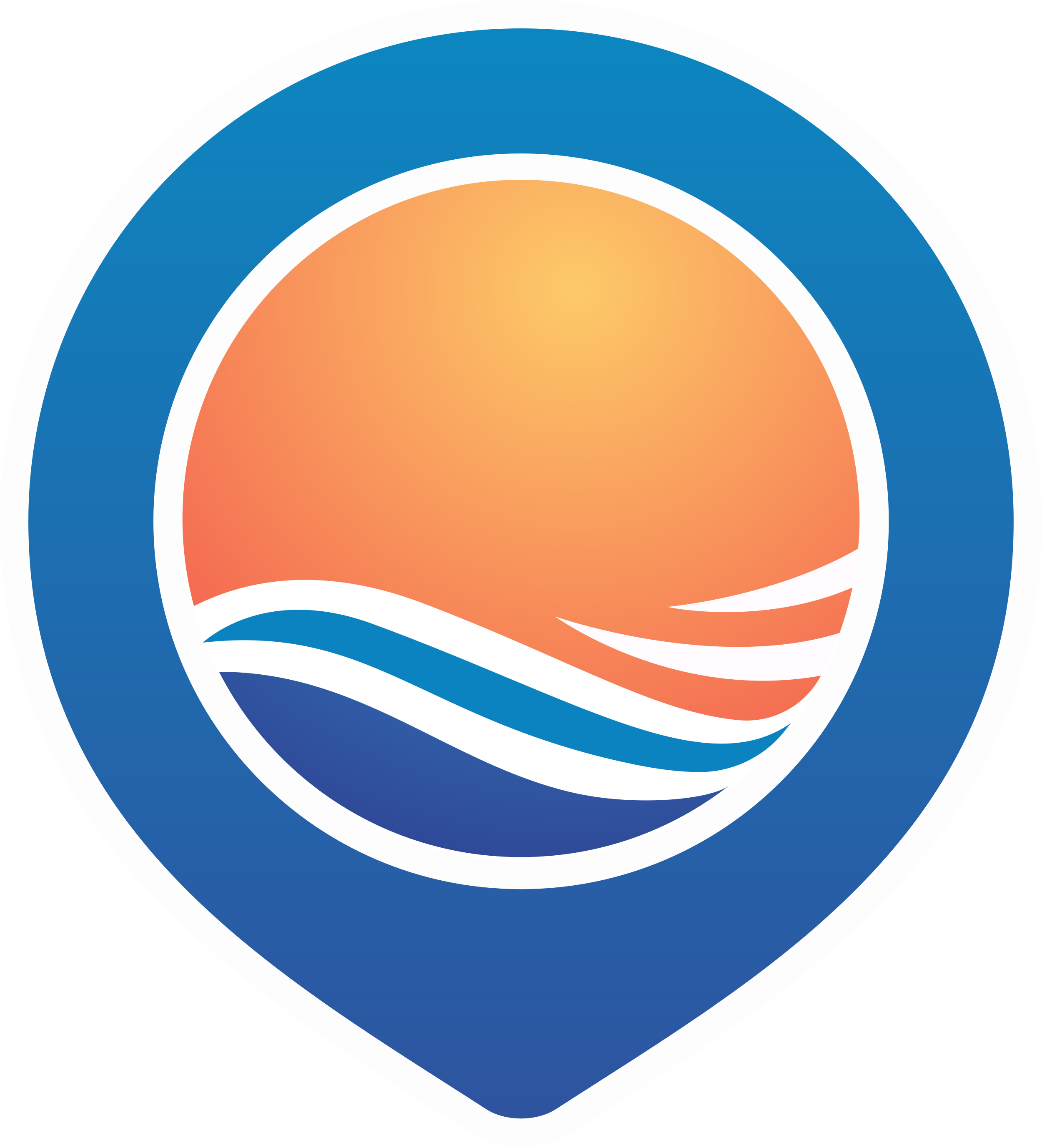Università Cattolica del Sacro Cuore (UCSC)

Università Cattolica del Sacro Cuore, known as UCSC or UNICATT or simply Cattolica, is an Italian private research university founded in 1921. Cattolica, with its five affiliated campuses, is the largest private university in Europe and the largest Catholic University in the world. Its main campus is located in Milan, Italy, with satellite campuses in Brescia, Piacenza, Cremona and Rome.
The University is organized into 12 faculties and 7 postgraduate schools. Cattolica provides undergraduate courses (Bachelor's degree, which corresponds to Italian Laurea Triennale), graduate courses (Master's degree, which corresponds to Laurea Magistrale, and specializing master) and PhD programs (Dottorati di ricerca). In addition to these, the University runs several double degree programs with other institutions throughout the world. Degrees are offered both in Italian and in English.
UCSC has been granted five stars by QS Stars, a global university rating system, in the following fields: employability, teaching, facilities and engagement.
Agostino Gemelli University Polyclinic serves as the teaching hospital for the medical school of the Università Cattolica del Sacro Cuore and owes its name to the university founder, the Franciscan friar, physician and psychologist Agostino Gemelli.
Horizon Europe / Horizon 2020 Apps using SPOTTERON

The IPM-Popillia Horizon 2020 project aims to address the challenge of a new risk to plant health in Europe's agriculture and food safety: the invasion of the Japanese Beetle, Popillia japonica. This invasive species was introduced accidentally to mainland Europe in 2014 and can quickly spread by transportation and trade. As a species with a wide range of feeding plants, P. japonica threatens the entire agricultural sector, urban landscapes, and biodiversity in invaded areas.
IPM Popillia | Integrated Pest Management of the Japanese Beetle


EFFECTIVE, a Horizon Europe initiative, targets the emerging threat to the EU's Mediterranean Blue Natural Capital. By leveraging advanced science, technological nature-based solutions, digitalization, and social implication, the project aims to develop a comprehensive scientific knowledge base and practical guidance for the application of Ecosystem-Based Management to promote large-scale marine protected areas establishment in the European seas.
EFFECTIVE | Protection and Restoration Management of Mediterranean Marine Protected Areas


TRANSEATION, funded by Horizon Europe, aims to validate a new level of ecosystem-based management by integrating social implication digitalization and nature-based solutions to safeguard and restore marine ecosystem health and services. The project focuses on demonstrating the effectiveness of marine and coastal hybrid blue-grey infrastructures and developing digital tools for monitoring, analysis, and social involvement, addressing societal challenges and promoting sustainable management practices.
TRANSEATION | Advancements through Hybrid Blue-Grey Infrastructures in Marine and Coastal Areas


In Europe and globally, substantial numbers of young people are at risk of social exclusion. Therefore, there is a pressing need to develop more knowledge and innovation to create inclusive and youth-friendly societies. The Horizon 2020 R&I Project YouCount contributes to these needs by developing 'actionable' knowledge for social inclusion of disadvantaged youths in the European Union and creating better means for social inclusion through citizen social science.
YouCount | Youth Citizen Science

MINAGRIS | Micro and Nanoplastics in Agricultural Soils







